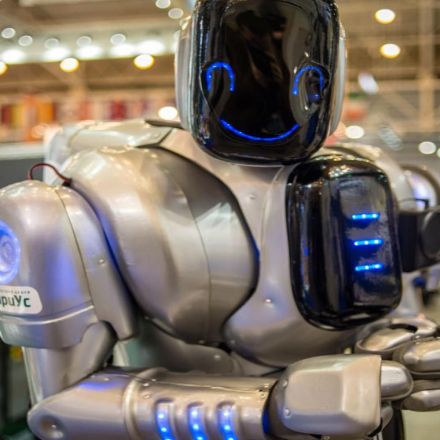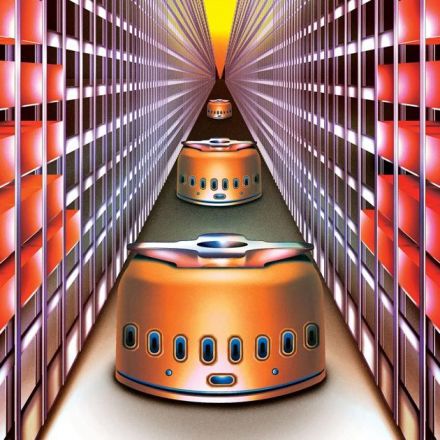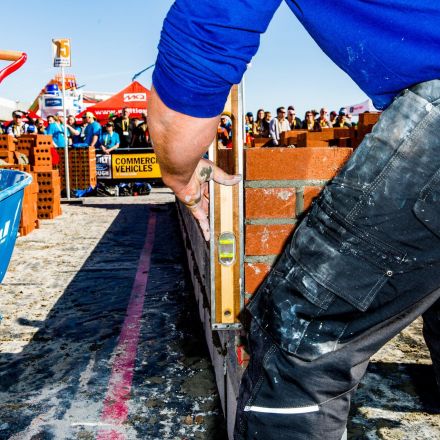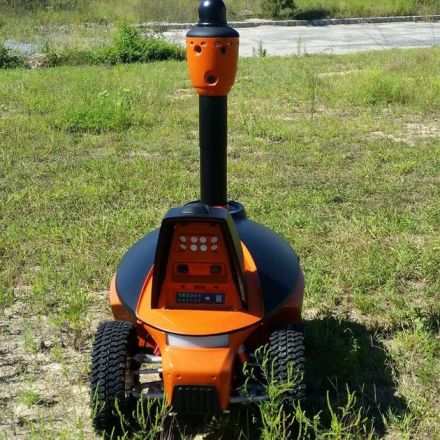Thank you
Your email has been added to our waiting list and we will send an invite to you as soon as possible. Thank you for your patience.
In the meantime, if you happen to run a blog, our newly launched Blog Enhancement Suite can utilize the immense power of community to help you get more audience, engagement, content, and revenue with your own embeddable community! It will breathe new life into your blog and can automate many of the tedious tasks that come with the territory, so you can focus more on what matters most... writing.
Help spread the word about Snapzu:
Let others know about Snapzu by tweeting about us. We appreciate every mention!
Tweet it!





























Join the Discussion
One thing that bothers me about the article:
What kinds of jobs then? I mean, eventually we'll run out of (semi-)meaningful jobs to make for ourselves, and you already see that there's a growing discontent with jobs, that people don't really see the point of their jobs, don't understand why they should do it, but only really do these jobs because they're not going to be able to live otherwise. So people slave away without really getting why they do what they do.
Meanwhile another problem is that for every job robots might take over, you end up with people out of a job. Like the doctors thing he mentions -- this might mean that one doctor could eventually do the work of two doctors before, because he can just talk to people, plug it in to the computer, or hell, DNA analysis is getting cheap enough that soon you'll just be able to test people on known gene-drug interactions and the PC can throw out not only which drugs should be used, but what dosage will be most effective etc. And with each patient you get you get another whoooole dataset to refine algorithms in the future. This isn't even taking into account that with some moderate success we could (within a few decades) expect CRISPR/cas9 to shake up entire areas of the field.
So what will that do with the people left? Our current solution is just to expect people to get another job. But won't we run out of meaningful things to do, while the ones at the top of the coorporations owning the robots will get richer, and us lowly workers will end up with less and less?